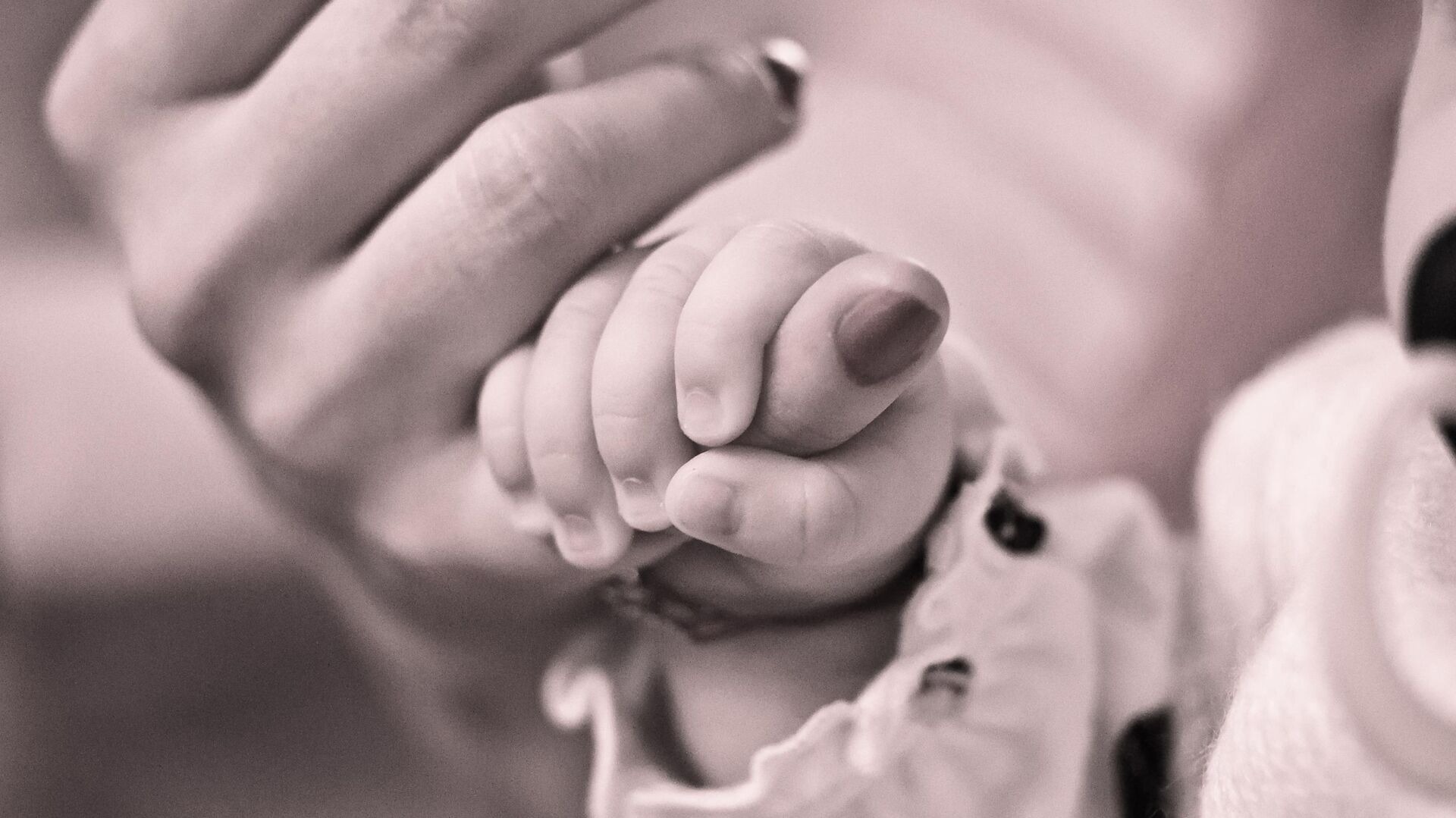https://sputnikglobe.com/20220513/an-australian-mother-who-lost-her-infant-to-sids-may-have-just-found-the-cause-1095498957.html
An Australian Mother Who Lost Her Infant to SIDS May Have Just Found The Cause
An Australian Mother Who Lost Her Infant to SIDS May Have Just Found The Cause
Sputnik International
Sudden Infant Death Syndrome kills thousands of babies every year and no one knows why. After losing her infant child to it 29 years ago, Dr. Carmel Harrington... 13.05.2022, Sputnik International
2022-05-13T21:10+0000
2022-05-13T21:10+0000
2022-05-13T21:12+0000
sids
sudden infant death syndrome
medical issues
https://cdn1.img.sputnikglobe.com/img/07e5/04/17/1082705870_0:262:3083:1996_1920x0_80_0_0_a72c6c15be7626928b36ab2f66a1195f.jpg
Australian researchers have found a possible biomarker for Sudden Infant Death Syndrome (SIDS) that may someday help doctors and parents prevent the 3,400 SIDS deaths that occur annually in the United States alone.The study took blood samples from 67 infants who died of SIDS and compared them to a control group of babies who died of other causes and healthy living infants. They found that the infants who died of SIDS had a lower amount of an enzyme called butyrylcholinesterase (BChE) in their blood than both living babies and infants who died of other causes.SIDS usually happens when the baby is sleeping. Typically, parents put their seemingly healthy baby to sleep and are horrified when the baby never wakes up again. Most of the time when a baby is having difficulty breathing or some other life-threatening issue they will wake up and cry until a parent or guardian attends to them. Babies who fall victim to SIDS never do and it has been a mystery as to why.It has been speculated that there is something wrong with their cholinergic system, which is part of the autonomic system that regulates involuntary bodily functions like blood pressure and breathing. The cholinergic system specifically deals with brain functions like sensory perception and significantly, sleep and arousal. The BChE enzyme is a part of the cholinergic system.Harrington has dedicated her career and life to finding the cause of SIDS after her own baby died of it 29 years ago. While incidents of SIDS have been reduced by half in recent years due to safe sleep practices and a reduction in smoking during pregnancy, there is still more work to be done in the field and this study is the first that may point to a cause.That work includes replicating the results of this study. The sample size of 67 infants is too small to say anything definitive about the cause of SIDS, but it does give doctors and scientists a prime suspect to investigate further.If the study’s results can be replicated, then the next steps would be to start checking newborns for a deficiency of BChE and then developing safe treatments to address it.
Sputnik International
feedback@sputniknews.com
+74956456601
MIA „Rossiya Segodnya“
2022
News
en_EN
Sputnik International
feedback@sputniknews.com
+74956456601
MIA „Rossiya Segodnya“
Sputnik International
feedback@sputniknews.com
+74956456601
MIA „Rossiya Segodnya“
sids, sudden infant death syndrome, medical issues
sids, sudden infant death syndrome, medical issues
An Australian Mother Who Lost Her Infant to SIDS May Have Just Found The Cause
21:10 GMT 13.05.2022 (Updated: 21:12 GMT 13.05.2022) Sudden Infant Death Syndrome kills thousands of babies every year and no one knows why. After losing her infant child to it 29 years ago, Dr. Carmel Harrington led the research team that may have discovered the cause.
Australian researchers have found a possible biomarker for Sudden Infant Death Syndrome (SIDS) that may someday help doctors and parents prevent the 3,400 SIDS deaths that occur annually in the United States alone.
The study took blood samples from 67 infants who died of SIDS and compared them to a control group of babies who died of other causes and healthy living infants. They found that the infants who died of SIDS had a lower amount of an enzyme called butyrylcholinesterase (BChE) in their blood than both living babies and infants who died of other causes.
SIDS usually happens when the baby is sleeping. Typically, parents put their seemingly healthy baby to sleep and are horrified when the baby never wakes up again. Most of the time when a baby is having difficulty breathing or some other life-threatening issue they will wake up and cry until a parent or guardian attends to them. Babies who fall victim to SIDS never do and it has been a mystery as to why.
It has
been speculated that there is something wrong with their cholinergic system, which is part of the autonomic system that regulates involuntary bodily functions like blood pressure and breathing. The cholinergic system specifically deals with brain functions like sensory perception and significantly, sleep and arousal. The BChE enzyme is a part of the cholinergic system.
“Babies have a very powerful mechanism to let us know when they are not happy. Usually, if a baby is confronted with a life-threatening situation, such as difficulty breathing during sleep because they are on their tummies, they will arouse and cry out,” lead researcher Dr. Carmel Harrington told the Sydney Children’s Hospital Network. “What this research shows is that some babies don’t have this same robust arousal response.”
Harrington has dedicated her career and life to finding the cause of SIDS after her own baby died of it 29 years ago. While incidents of SIDS have been reduced by half in recent years due to safe sleep practices and a reduction in smoking during pregnancy, there is still more work to be done in the field and this study is the first that may point to a cause.
That work includes replicating the results of this study. The sample size of 67 infants is too small to say anything definitive about the cause of SIDS, but it does give doctors and scientists a prime suspect to investigate further.
If the study’s results can be replicated, then the next steps would be to start checking newborns for a deficiency of BChE and then developing safe treatments to address it.

